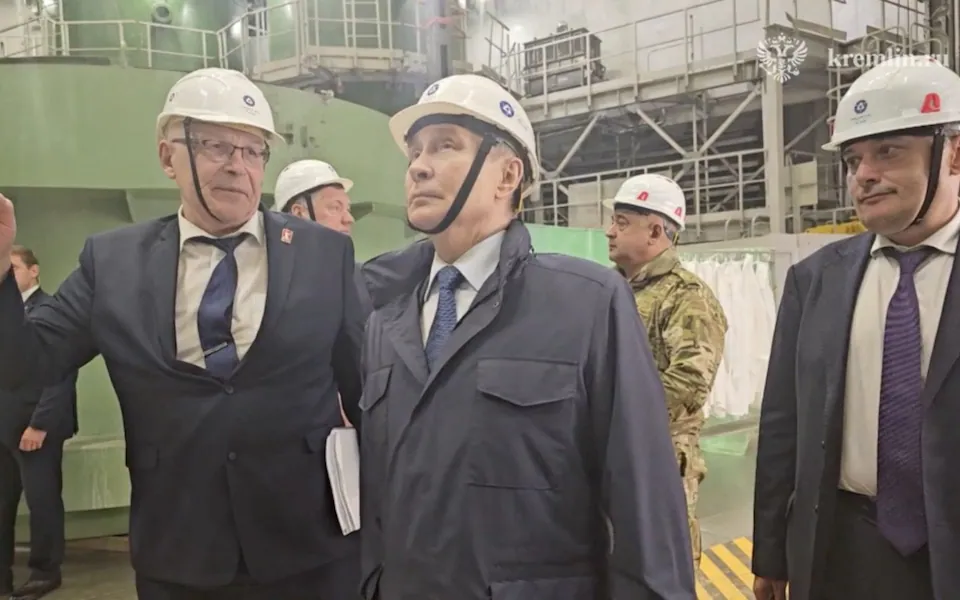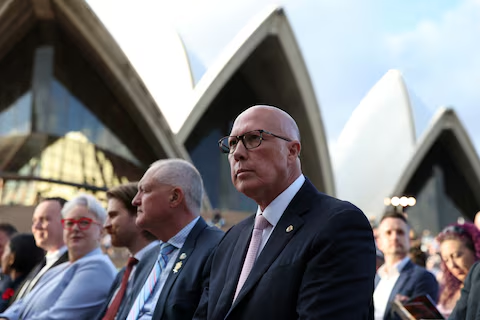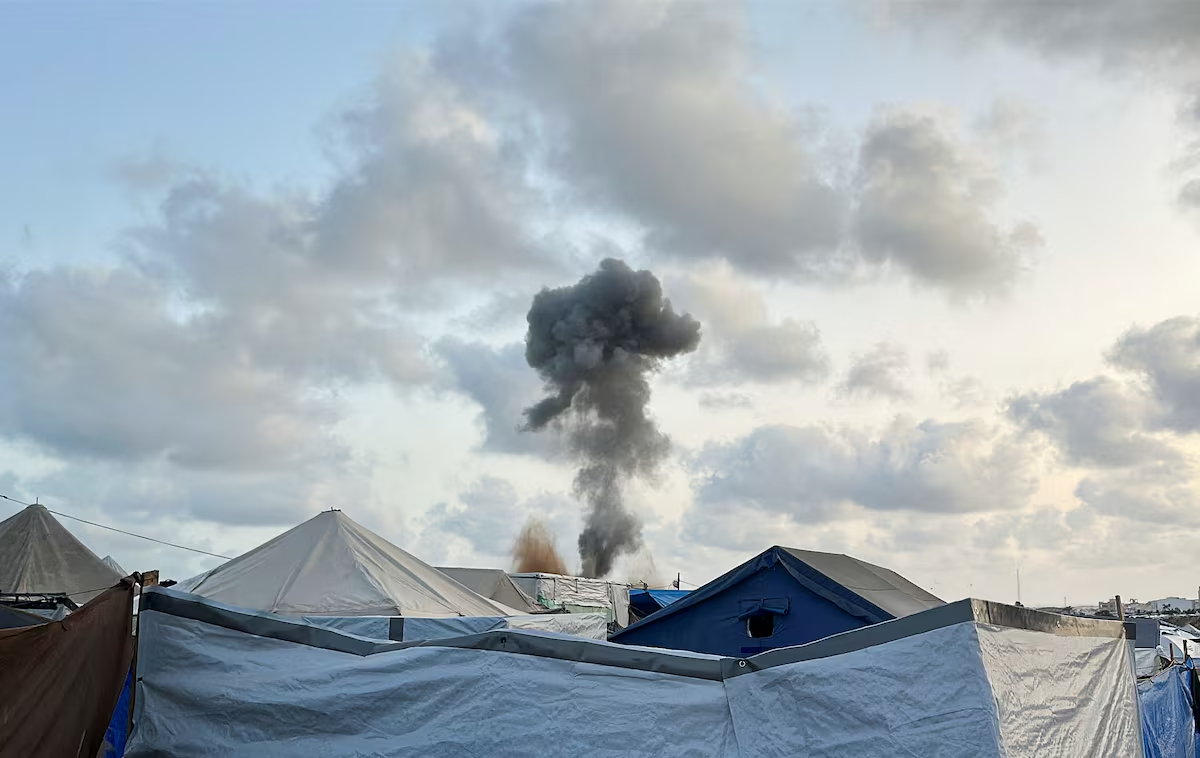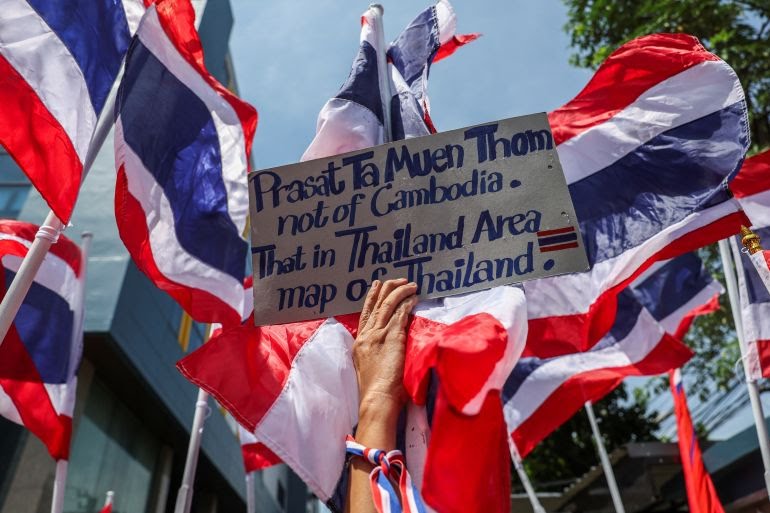Ukrainian President Volodymyr Zelensky has firmly rejected what he described as insincere Russian calls for a ceasefire, accusing the Kremlin of using diplomacy as a smokescreen while continuing to launch deadly attacks across Ukraine. His comments came on May 21, 2025, as Russian missiles struck Ukrainian cities just hours after President Vladimir Putin floated the idea of a potential truce.
“You cannot talk peace with one hand and bomb Kharkiv with the other,” Zelensky said in a late-night address. “This is not negotiation — it is deception.”
The Ukrainian leader warned that accepting a ceasefire now would only allow Russia to regroup and reinforce, a tactic he believes Moscow has used repeatedly since the full-scale invasion began in 2022.
💥 Russian Strikes Undermine Truce Hopes
Even as Russian officials spoke of halting the conflict, missile and drone attacks pounded Kharkiv, Zaporizhzhia, and Dnipro, killing at least 17 civilians and injuring dozens. Ukrainian air defense forces reported intercepting several projectiles, but damage to infrastructure and homes was widespread.
This stark contrast between Russian rhetoric and battlefield actions has hardened Ukraine’s stance, with Zelensky stating that any meaningful ceasefire must begin with a full withdrawal of Russian forces from occupied territories.
🕊️ Moscow’s Messaging Strategy
President Putin, in a televised interview, claimed that Russia is open to ending the war, suggesting negotiations could resume under the right conditions. Kremlin spokesperson Dmitry Peskov reiterated that Russia is not “closed to peace,” but added that the realities on the ground must be recognized — a reference to Russian control over parts of eastern and southern Ukraine.
Analysts interpret these statements as part of a propaganda effort aimed at easing international pressure and portraying Ukraine as the obstacle to peace, even as Russia intensifies military operations.
“This is a classic play from Moscow — talk peace to the West while continuing war on the ground,” said a NATO security analyst.
🇺🇸 Western Response: Skeptical but Watching
Western governments have expressed deep skepticism over Russia’s intentions. U.S. and EU officials reiterated their support for Ukraine’s conditions for peace — including the return of all occupied territory and accountability for war crimes.
The Pentagon and NATO allies have warned that any premature ceasefire could freeze the conflict in Russia’s favor, a scenario reminiscent of past frozen conflicts in Georgia and Moldova.
The UK’s Foreign Secretary stated, “We’ve seen these games before. The world should not be fooled.”
🗺️ Ukraine’s Military Position
Despite the diplomatic noise, fighting continues in the Donetsk and Luhansk regions, where Ukrainian forces are holding defensive lines and launching counterattacks in limited sectors. Military analysts suggest Ukraine is bracing for a major Russian summer offensive, and is unlikely to pause operations without concrete security guarantees.
What to Watch
- Whether Russia escalates or pauses attacks in the coming weeks
- International mediation efforts — especially from China, Turkey, or the Vatican
- Ukraine’s diplomatic outreach ahead of the June peace summit in Switzerland
- Possible escalation along the Black Sea or Belarusian border
As missiles fall and ceasefire rhetoric rises, Ukraine remains defiant. For President Zelensky, accepting peace without justice or security would not end the war — it would only set the stage for its next chapter.
Source; The Telegraph



